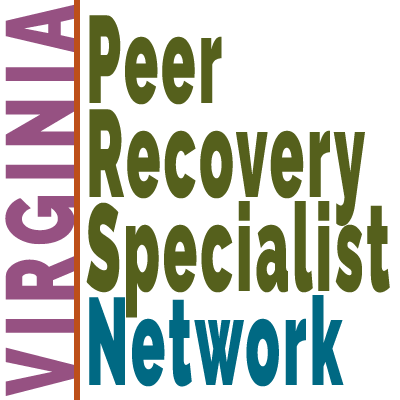Blog
The Benefits of Regular Check-ins
“You better check-in with us by 5pm, do you understand me?” These were words I heard often from my managers (read: parents) growing up. In the 1980’s, checking-in was very, very important because we didn’t have cell phones. Our parents couldn’t track us using apps on their phones. It was a different time (dramatic sigh).
Unbeknownst to me at the time, checking-in was vital to my parent’s peace of mind. Why? Because, apparently, they cared about me. And they cared about what did or didn’t happen to me as a child. Ending up on the back of a milk carton or somehow being tossed into a windowless van were real fears in the 1980’s, which is sad to say. Safety was and is the most important thing in life whether it be physical, emotional, mental or spiritual safety.
The main ingredient of safety is being known. If my leg is broken, I have to tell someone. They have to know about it to help me. If I am struggling with depression, I have to tell someone so that they can know me a little bit better and support me. This is the nature of a regular check-in. Check-ins break isolation, increase intimacy and pave the way for support.
There are two types of check-ins: internal and external. Internal check-in is self-directed and self-focused. That is, we initiate the check-in and direct it around what is going on inside or outside of us at any given moment.
External check-ins are the opposite, namely, we choose to be known by checking-in with someone else about ourselves. This isn’t always about something negative. It can be just sharing great news with a friend of how you won the $100 million dollar lottery. Note: go to a financial advisor and a lawyer first before “checking-in” with anyone else. Most lottery winners are bankrupt in 5 years. You’ve been warned. Check-in indeed. Like I ever won.
The benefits of a regular check-in may not seem all that special to talk about but when one experiences their effectiveness at increasing one’s quality of life they become pretty special. Check-ins, in general, can help us achieve better health and wellness, sometimes for the first time, restore it when it has been diminished, and maintain it so it does not diminish but increases over time.
Specific benefits include:
- Increased sense of well-being.
- Attitude improvement.
- Emotional regulation.
- Realignment of purpose and priorities.
- Improved relationship with self and others.
- Increase in self-esteem
- Improved outlook for the future.
A friendly challenge to you, dear reader, just for today: Set your alarm clock on your phone for two times of your choosing to ‘check-in’ with yourself during the next 24 hours. It’s very simple. All you have to do is ask yourself this question: How am I feeling/doing this moment? If you need help and aren’t sure how to describe that, I have got your back. The chart below will help get you started. And, if what you find going on inside feels a little overwhelming, that’s ok, it’s the perfect time to reach out to another peer, friend, family member or trusted professional who can hold space for you to be honest and open. In the end, when we embrace the check-in, we tell ourselves that we matter, what we experience matters, and that it is important to bring light and voice to those experiences. And now, I’m checking out…end of the blog. See what I did there?


Chris Newcomb
VPRSN Coordinator
Chris Newcomb, M.Div., PRS, CPMC, CWF, CSSF is the VPRSN Coordinator on behalf of Mental Health America of Virginia. He holds a Bachelor in Psychology from Radford University and a Master of Divinity from Duke University. In his spare time, he is a singer/songwriter who loves to write new songs, practices Krav Maga, and enjoys time with family and friends.

